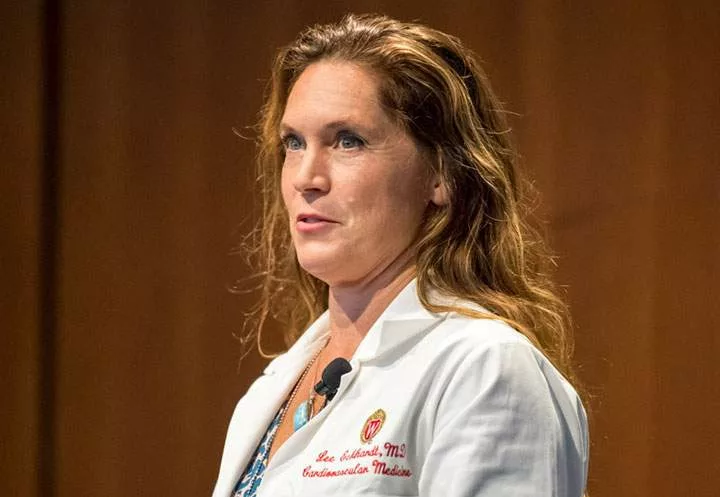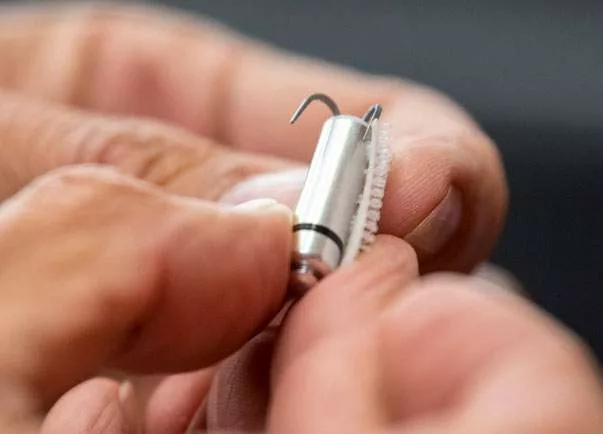Milestones in Genetic Counseling
In May, the University of Wisconsin School of Medicine and Public Health’s Master of Genetic Counselor Studies program will graduate its 40th class. It’s a major milestone by any standards, even if you consider that UW–Madison’s program was the first in the Midwest and the eighth in the United States.



